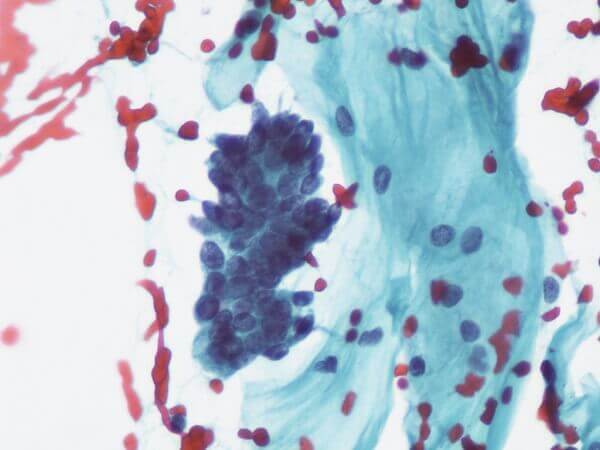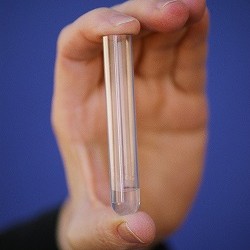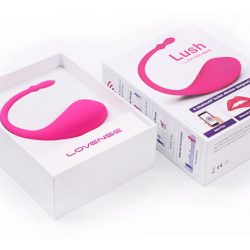HerSwab Lets Women Test Themselves for Cervical Cancer and HPV
Detect sexually transmitted infections from the comfort of your own home.

Cervical cancer is the 14th most prevalent cancer in the world. According to the World Health Organization, the disease affects 530,000 women each year and takes 275,000 lives.
However, it is the easiest cancer to prevent among women when proper screening and follow-up take place. Lesions found via pap smears can be treated before they become cancerous, and early stage cervical cancer can be managed relatively well. The crucial factor in stopping the disease is to find it before it reaches an advanced stage.
Many women affected don’t have access to sexual health care. Without being regularly tested for sexually transmitted infections (STIs), they are at risk of becoming infertile or developing cervical cancer.
Even those of us with access to sexual health care often aren’t tested as regularly as we should be. Pap smears and STI tests aren’t fun. They can be embarrassing and uncomfortable. Many women are reluctant to be tested for fear of judgement and discrimination from their doctors.
That’s why Jessica Ching, co-founder of Toronto-based sexual health startup Eve Medical, created HerSwab. While speaking with women about an upcoming appointment, she was prompted to find an alternative way to manage sexual health.
What is HerSwab?
HerSwab is a device that allows women to collect their own gynecological samples at home and then send them to a lab for screening. By making the experience accessible and less invasive, it’s hoped that women who are reluctant or unable to go to a clinic can take more control of their sexual well-being.
Eve Medical’s website says HerSwab is easy, intuitive, and painless to use. The device, which looks similar to a tampon with a handle on top, is inserted into the vagina and rotated to collect dry samples from the cervix.
HerSwab tests for HPV and prevents cervical cancer
Although self-testing STI kits like MyLAB Box are already available in certain areas, HerSwab takes things further by allowing home testing for human papillomavirus (HPV). Previous at-home kits have tested mainly for STIs like syphilis and chlamydia. By identifying HPV, HerSwab can detect early signs of cervical cancer and help to prevent it altogether.
There are over 100 different types of HPV. Forty of these can be sexually transmitted, and 15 are known to cause cervical cancer if left untreated. The highest risk strands–HPV-16 and HPV-18–cause 70% of all cervical cancer diagnoses worldwide.
Where is HerSwab at now?
Eve Medical hopes to break down the barriers stopping women from being tested and drastically lower the amount of cervical cancer diagnoses being made. The at-home method is new, but is being rigorously trialled and is believed to be just as accurate as clinical testing. Many women who took part in self-testing trials said it was an easy and comfortable experience they would consider doing again.
Ching hopes her product will be taken onboard by organizations in countries with universal healthcare systems. Testing kits would be mailed to women known to be high risk or irregularly screened, and they would mail them back to a lab. Ideally, an over-the-counter sales system would be put in place in the U.S., Ching told MedCity News.
An estimated 40% of women are not being tested as regularly as practitioners advise. If successful, self-sampling via products like HerSwab could help to drastically improve the numbers of women accessing sexual health services. Eve Medical, and other organizations like it, may have a good chance at lowering cervical cancer death rates while empowering women at the same time.
Women residing in Canada can request a HerSwab sample here.
Image source: Manuel Medina
Leave a reply
You must be logged in to post a comment.

















